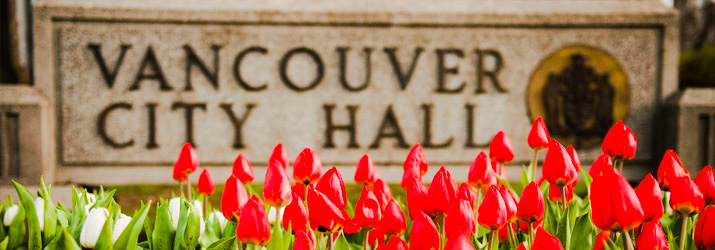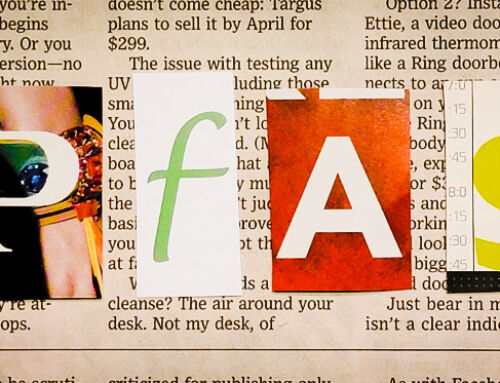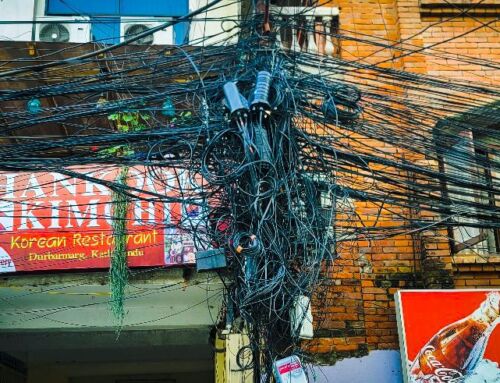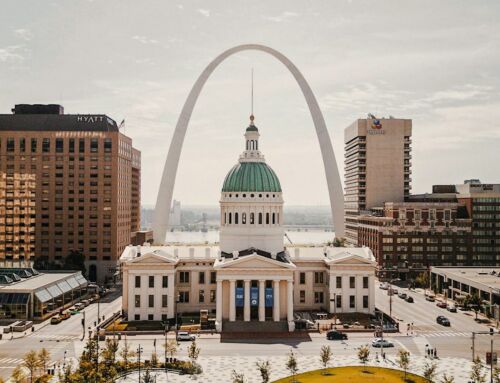View by Topic
Recent Articles
-
EPA Designates PFOA and PFOS as Hazardous Substances under Superfund LawSaturday, April 20th, 2024
-
Federal Government Finalizes New Efficiency Standards for LightbulbsSaturday, April 13th, 2024
-
2024 IECC is Final After Addressing Preemption IssuesSaturday, April 6th, 2024
-
Settlement Portends Broad Failure in Attempts to Ban Natural GasSaturday, March 30th, 2024
-
SEC Climate Disclosure Rule Stay and Venue Now in the 8th CircuitSaturday, March 23rd, 2024
View by Month/Year
“Green Building Law Update” Headlines
Recent Articles & News from
Stuart Kaplow’s blog
at GreenBuildingLawUpdate.com
- EPA Takes Action: PFOA and PFOS Now Hazardous Substances Under Superfund Law April 21, 2024
- Shedding Light on the Future: The Evolution of Lightbulbs in the Wake of New Energy Efficiency Standards April 14, 2024
- 2024 International Energy Conservation Code is Final After Addressing Preemption April 7, 2024
- Settlement Portends Broad Failure in Attempts to Ban Natural Gas March 31, 2024
Subscribe to the Green Building Law Update!
Stuart Kaplow brings his expertise and extensive experience to the table with his unique digital publication, "Green Building Law Update". Subscribers receive regular updates to keep them informed about important issues surrounding Environmental Law, Green Building & Real Estate Law, as well as the emerging demand for Environmental Social Governance (ESG).
Get fresh content through the lense of Stuart Kaplow's cutting-edge expertise, innovative commentary and insider perspective. Don't miss another issue! Subscribe below.

Vancouver Leaving LEED for Zero Emission Building Mandate, But ..
On July 13, 2016, the Vancouver City Council approved a Zero Emissions Building Plan that is among the most aggressive by any government with the stated purpose of reducing greenhouse gas emissions.
While much of the media attention has described that Vancouver is the first major city in North America to establish specific actions to achieve zero emissions in all new construction by 2030, what may be most significant is what is being implemented now.
Beginning now, all new City owned and Vancouver Affordable Housing Agency projects will be certified to the Passive House standard or an alternate zero emission building standard in lieu of certifying to LEED Gold. Since 2004, Vancouver required civic buildings be certified LEED Gold and the move to Passive House is dramatic. Additionally, the approved plan requires City staff to implement a “zero emissions policy” for all new City owned and VAHA building projects by 2018.
Maybe most significant, the Plan requires that any rezoning for privately owned development beginning in first quarter 2017 meet an as yet to be determined threshold that staff has suggested may require those newly permitted projects to reduce emissions by 70% when compared to 2007.
It is interesting that on average, 82% of new development in Vancouver is residential and less than 2% is office, so this new Plan, figuratively and literally, hits people where they live.
Unlike most places in the world, Vancouver’s electricity is already close to 100% renewable! Provincial legislation requires British Columbia’s grid to be supplied by a minimum of 93% renewable energy and the current mix is over 97% renewable and therefore has very low greenhouse gas emissions associated with it. As a result, while electricity conservation remains important (.. yes, using less renewables can be a good thing), the aim of this Plan to reduce greenhouse gas emissions fails on it face.
Because today the grid provided electricity to Vancouver is almost entirely renewable, there will be almost no greenhouse gas emission reductions to be gained from this major increase in first costs of construction.
This Zero Emissions Building Plan is not only unnecessarily aggressive on its face and bold in terms of a public policy mandating “very” low emissions building for all new construction in a City with 97% renewable electricity, but what possible rational basis is there for this arbitrary mandate that unreasonably impacts not only civic building but all construction in the City.
For the uninitiated, Passive House uses a set of design principles to attain a rigorous level of energy efficiency. A Passive building is designed to employ continuous insulation through its entire envelope without any thermal bridging and that building envelope is ‘extremely airtight’ preventing infiltration of outside air and loss of conditioned air. It employs the use of high performance windows (typically triple-paned) and doors. All of which can be wonderful when employed on a voluntary basis by an owner concerned about energy versus water use reduction, improved indoor air quality, or ..
Today already using over 97% renewable energy, would a more holistic approach to green building, like Vancouver’s just repealed LEED Gold standard, not have more efficacy for the residents of Vancouver and the rest of the planet?









